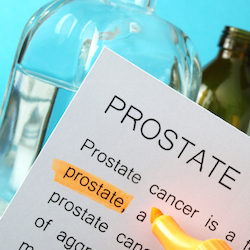Selenium Nanoparticles Destroy Ovarian Cancer Cells
In-vitro studies have shown that high doses of selenium have powerful anti-cancer properties. But until recently, scientists have been unable to test this treatment in humans, as excessive amounts of selenium are toxic. Now a study in Redox Biology shows a promising workaround — selenium nanoparticles. Study Details Using modelsRead





